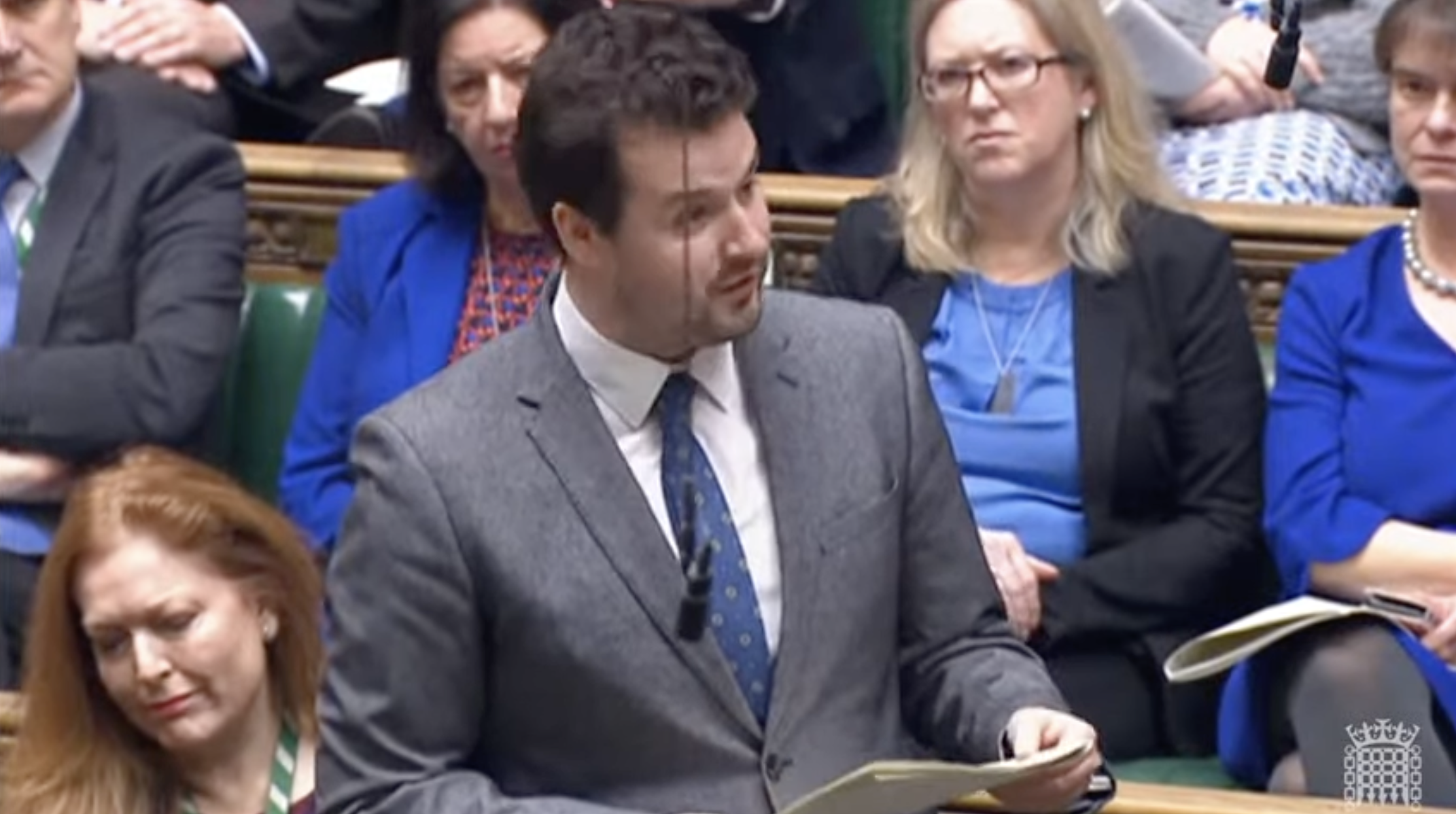All power to Elliot Colburn, who used today’s Prime Minister’s Questions to talk about surviving a suicide attempt in 2021. The Carshalton and Wallington MP told the chamber:
In recent years, something like 6,500 people in the UK die due to suicide. And in 2021, I was nearly one of them. Luckily, my attempt failed, I was found by family members quickly, I received amazing care at St Helier and Springfield Hospitals, it didn’t do any permanent damage, and I was well looked after by the NHS in the months that followed. And I wanted to take this chance to say thank you to everyone who saved me, and sorry to my family and loved ones who I put through such an awful ordeal. In that moment, I felt alone and scared and like there was no way out and like the world would be better off without me in it. But I don’t recognise that man any more, I know that nothing is ever really worth that, and help is out there, and I’m pretty awesome. Does the Prime Minister agree that one death by suicide is one too many and will he send a message from the dispatch box today that whatever you are going through, you are not alone, that help is out there and better days lie ahead.
His voice shook as he spoke, and there were approving and supportive noises from around the chamber as Colburn spoke. This isn’t the first time an MP has talked about their own mental illness: since Charles Walker, Kevan Jones and others did so in a remarkable debate more than a decade ago, it has become much more normal for politicians to talk about their diagnoses. But this degree of honesty about a suicide attempt is still unusual, especially given it happened when Colburn was a member of parliament.
The power of Colburn’s question was that it wasn’t about the more palatable bits of the mental health debate
It’s easy to get cynical about this sort of thing: I find some of the public discussion around it being good to talk rather cloying, not least because it still seems to suggest that depression is a sadness that can go away if you do enough #selfcare. But the power of Colburn’s question was that it wasn’t about the more palatable bits of the mental health debate: it was raw, and personal, and touched on the true horror of an untreated illness nearly killing someone. Anyone who has seen the bomb crater left in a family by a suicide wishes there was more discussion, especially amongst men, of suicide and where to turn. It is the biggest cause of death in men under 50, and three quarters of suicides every year are men. It is still taboo, even when anxiety, ADHD and other conditions have become quite normalised.
MPs can always use their platform for good or ill, and Colburn has done the former today. It is, though, perhaps a sign of how unhealthy parliament is that he is not the only MP who has tried to kill themselves or has come close to doing so: the more pastorally-minded members of the whips offices in all parties deal with suicidal colleagues more than you might expect. Perhaps this is just because suicide is such a major killer. Or perhaps it is because the life is lonely, the hours are long, and the real friends are fewer than a job that is all about popularity might suggest. Either way, Colburn will find that he’s not just helping the wider public, but many of the people he walks with through the voting lobbies every day.








Comments